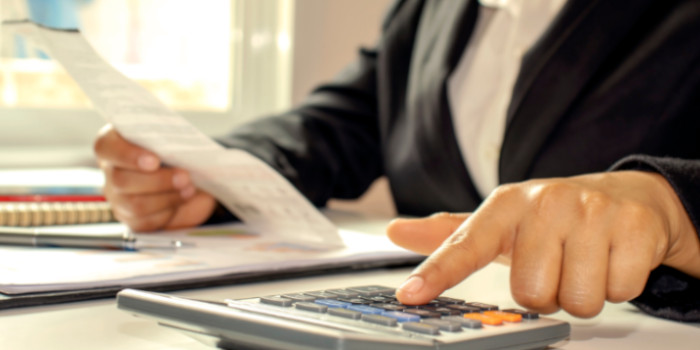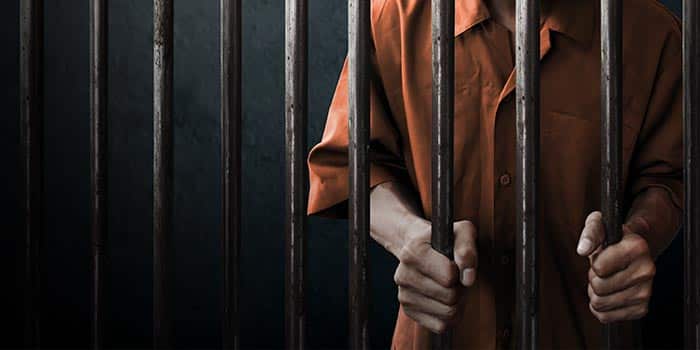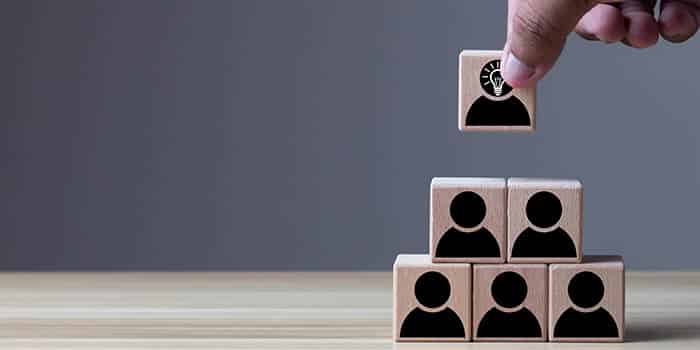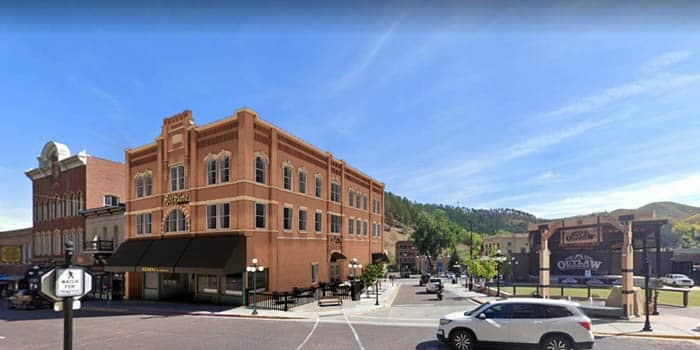- Casino
- By State
- Alabama
- Alaska
- Arizona
- Arkansas
- California
- Colorado
- Connecticut
- Delaware
- Georgia
- Florida
- Hawaii
- Idaho
- Illinois
- Indiana
- Iowa
- Kansas
- Kentucky
- Louisiana
- Maine
- Massachusetts
- Maryland
- Michigan
- Minnesota
- Mississippi
- Missouri
- Montana
- Nebraska
- Nevada
- New Hampshire
- New Jersey
- New Mexico
- New York
- North Carolina
- North Dakota
- Ohio
- Oklahoma
- Oregon
- Pennsylvania
- Rhode Island
- South Carolina
- South Dakota
- Tennessee
- Texas
- Utah
- Vermont
- Virginia
- Washington
- West Virginia
- Wisconsin
- Wyoming
- By State
- Slots
- Poker
- Sports
- Esports
Tribal Casinos Go Against Reopening to Protect Native Americans

Reopening plans in Native Tribal casinos have been hindered as the Cheyenne River Sioux tribe in South Dakota has decided to introduce new restrictions and hold out against reopening, citing high mortality rate in the Native American population and spiking cases in the region.
Cheyenne River Sioux Places the Safety of People First
Native American tribal operators are hedging against the dangers of the COVID-19 pandemic imposing stricter health and safety protocols to ensure social-distancing and the safety of their populations. Tribal nations are going against state recommendations to relax certain measures. The reason behind the decision is simple, operators explained, citing the death toll coronavirus outbreak took on Native Americans in April and May prompting them to reinstate stricter lockdown and ban travel.
They have done so under sovereign law, which lets each tribe govern its own affairs as it sees fit. Cheyenne River Sioux Chairman Harold Frazier spoke to The Hill, arguing that the tribes too found it difficult to go against the common wisdom with many competitors opening just across the border. Yet, the persisting dangers of the outbreak ravaging the native population was an ever-present danger, he cautioned.
“It makes it a lot tougher for us to implement the actions that we feel we need to do to keep our residents safe here on the reservation,” Frazier said. The tribes have butted heads with local government before. Feeling it’s their right to protect their own people, the Oglala Sioux and Cheyenne River tribes installed checkpoints back in April to monitor the comings and goings of visitors from their reservations in South Dakota.
Governor Kristi Noem responded immediately by arguing that it was not the remit of tribal operators to impose restrictions within the state and she threatened to sue, turning to President Donald Trump later that month.
Frazier, however, was adamant in his decision, he said to The Hill. The reservation only had eight hospital beds, making a possible outbreak on tribal land dangerous. The nearest intense care facility was three hour’s drive, he said.
Native Americans Affected Disproportionately
Native Americans have already died disproportionately from the virus, heightening the dangers for a close-knit community that allows strangers to visit unchecked. A study by American Public Media has revealed that the death rate among Indigenous Americans was much higher than between White Americans.
For example, in New Mexico, Native Americans have made up 60% of the death toll, even though they represent only 9% of the state’s population, raising a red flag among tribes across the United States. Even today, tribes keep their stay-at-home orders active, although they don’t have the right to exercise such rights on a state level.
The Navajo Nation responded last Thursday by introducing new lockdowns as Utah and Arizona both reported a big increase in the number of newly-infected COVID-19 patients. Navajo Nation President Jonathan Nez explained the necessity behind such a move citing the dramatic increase in infectious rates in Arizona due to relaxing stay-at-home measures.
Frazier once again reiterated his position for The Hill, arguing that checkpoints had worked for his tribe, with only six reported cases so far. Health experts have also agreed with Frazier’s measures, including Urban Indian Health Institute director Abigail Echo-Hawk who argued that tribes must continue to maintain strict precautions to avoid COVID-19 ravaging the native population.
Mohegan Sun Pocono and the Foxwoods Resorts Casino both had to close, vowing to reopen by June 1, which they did. Yet, fears about coronavirus affecting tribes persist.
Related Topics:
With 5+ years of experience as an analyst, Julie—affectionately known as 'Jewels' in the office—has quickly become our go-to expert in the forex and cryptocurrency space. Her keen attention to detail and deep understanding of the industry make her an invaluable asset. Julie's expertise and enthusiasm have made her the top choice to co-pilot educational initiatives alongside Mike, bringing knowledge to the masses.
Must Read
Casino
July 8, 2025
WinStar Casino Shooting Suspect Still Missing
More Articles









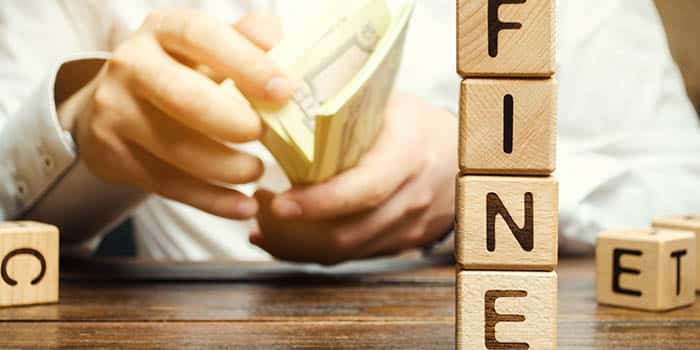
Casino
December 13, 2024
Deadwood Casinos Fined Amid Breaking South Dakota Gambling Laws
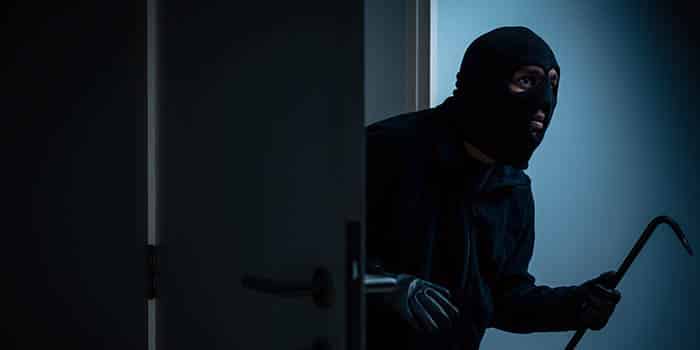
Legal
September 25, 2024
Authorities Arrest VIP Gaming Lounge Robber
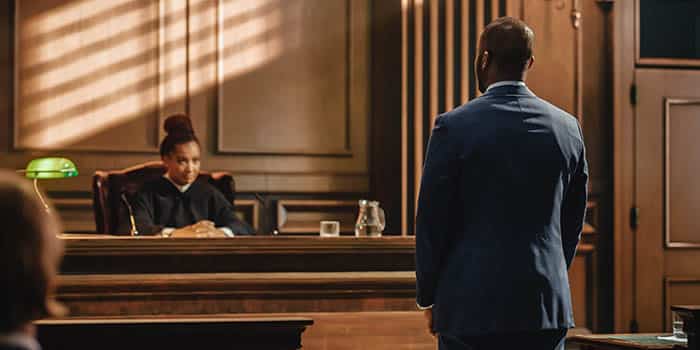
Legal
November 29, 2023
Blackjack Player Imprisoned for Cheating and Witness Tampering
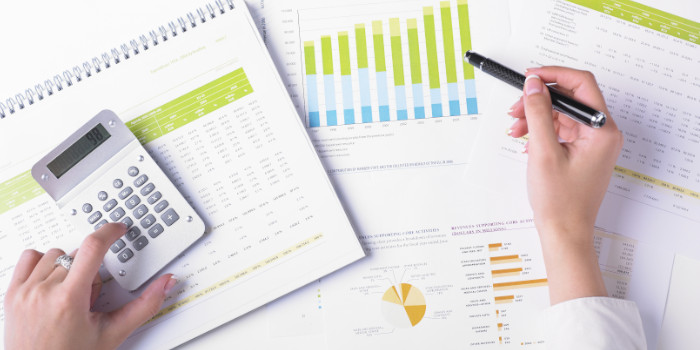
Business
October 30, 2023
Gamblers in Deadwood, South Dakota Bet $140M in September
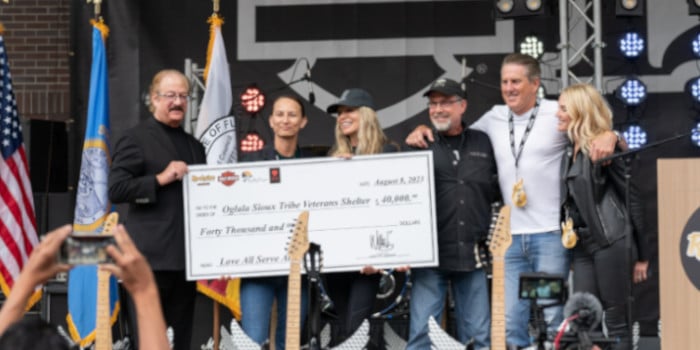
Casino
August 11, 2023
Hard Rock’s Rocksino Opens in Deadwood, South Dakota
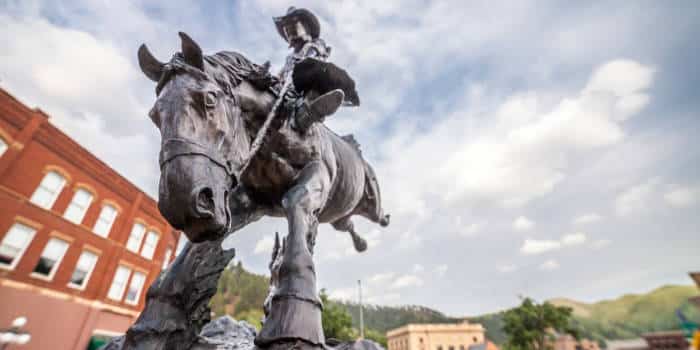
Sports
April 25, 2023
Deadwood Issues Casino License to Super G Investments
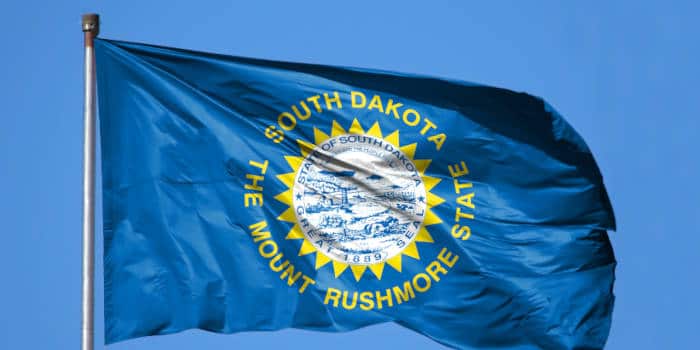
Sports
February 21, 2023
South Dakota Kills Proposal to Let Voters Decide on Mobile Betting
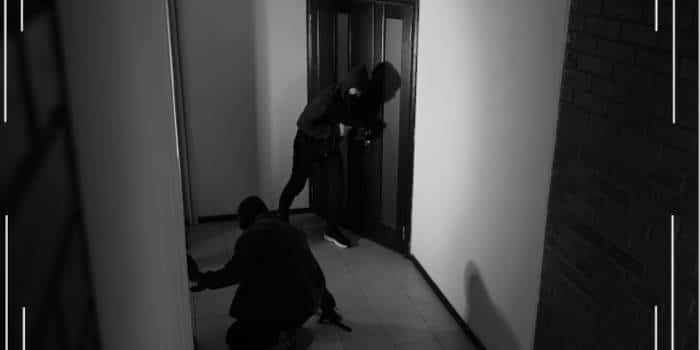
Casino
December 28, 2022
South Dakota Arrests Man over Series of Casino Robberies

Casino
December 28, 2022
South Dakota to Consider How to Respond to Reports of Illegal Wagers


